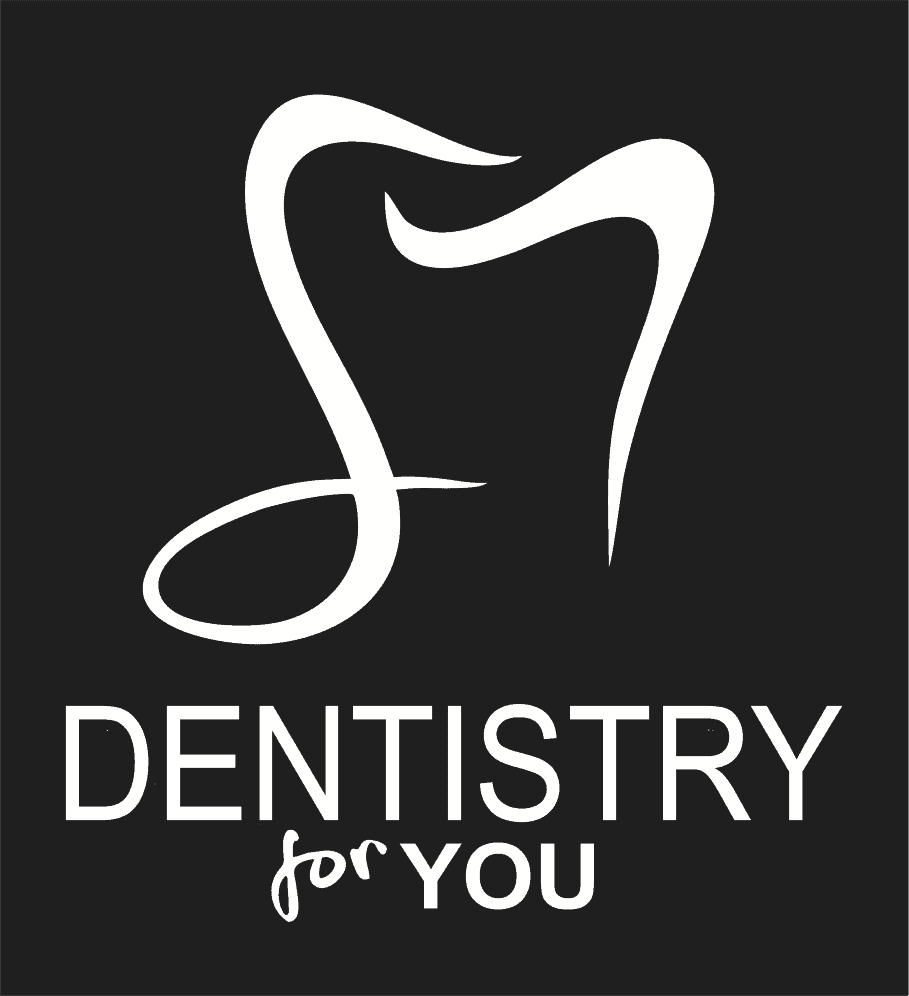
13 Jun What are the benefits of dental sealants?
The Benefits of Dental Sealants: Protecting Your Teeth For A Lifetime
In this blog article about the benefits of dental sealants, we will explore how this preventive measure can help safeguard your teeth against tooth decay and maintain excellent oral health. Dental sealants are a common procedure recommended by dentists worldwide, and they offer a range of advantages for both children and adults. By understanding the benefits and importance of dental sealants, you can make informed decisions about your oral hygiene and take proactive steps towards preserving your beautiful smile.
What Are Dental Sealants?
Dental sealants are a thin, protective coating applied to the chewing surfaces of the back teeth (molars and premolars). This layer acts as a barrier, preventing bacteria and food particles from accumulating in the deep grooves and pits of these teeth, where brushing and flossing alone may not be able to reach them effectively. By creating a smooth surface, dental sealants make it easier to keep your teeth clean and reduce the risk of cavities. Now that we have a better idea of what sealants are, let’s get into their many benefits!
Protection Against Tooth Decay
One of the primary benefits of dental sealants is their ability to shield your teeth from tooth decay. The chewing surfaces of molars and premolars have natural depressions and fissures, making them vulnerable to the accumulation of plaque and bacteria. Dental sealants act as a physical barrier, sealing these fissures and preventing the onset of cavities. By eliminating the hiding spots for bacteria, sealants help maintain optimal oral hygiene and reduce the risk of decay.

Long-lasting Results
Dental sealants offer long-lasting protection for your teeth. Once applied, sealants can endure for many years, safeguarding your molars and premolars through countless meals and snacks. With proper oral hygiene and regular dental check-ups, sealants can provide extended defense against cavities, allowing you to enjoy excellent dental health for a lifetime.
Pain-Free and Non-Invasive Procedure
The process of applying dental sealants is simple, painless, and non-invasive. Unlike other dental procedures, sealants do not require drilling, anesthesia, or any discomfort. The dentist will thoroughly clean the teeth, apply an etching gel to ensure proper adhesion, and then carefully brush on the sealant material. Once the sealant is in place, it is hardened with a special light. This quick and pain-free procedure makes dental sealants an attractive option for individuals of all ages.
Cost-Effective Preventive Measure
When it comes to dental care, prevention is key. Dental sealants serve as a cost-effective preventive measure by significantly reducing the risk of tooth decay. By avoiding the need for extensive restorative procedures such as fillings, root canals, or crowns, dental sealants can save you both time and money in the long run. Investing in sealants early on can help you maintain a healthy smile and minimize the need for more extensive and expensive dental treatments later.

Ideal for Children
Children are particularly susceptible to tooth decay due to their developing oral hygiene habits and dietary choices. Dental sealants are especially beneficial for children as they provide an additional layer of protection during their formative years. By safeguarding their molars and premolars, sealants help preserve their natural teeth and lay the foundation for a lifetime of excellent oral health.
When Dental Sealants Are Most Beneficial
People are most likely to get dental sealants during their childhood or teenage years. The ideal time to apply sealants is soon after the permanent molars and premolars have erupted, usually around the ages of 6 and 12. These are the teeth that have deep grooves and fissures, making them more prone to tooth decay.
Applying sealants at a young age provides long-term protection for these vulnerable teeth, reducing the risk of cavities and the need for more extensive dental treatments later in life. However, adults who have deep grooves and fissures on their molars and premolars can also benefit from dental sealants. Dentists may recommend sealants for adults who are at a higher risk of developing tooth decay.
It’s important to consult with your dentist to determine the best time to get dental sealants based on your individual dental health and needs. Regular dental check-ups will allow your dentist to assess the condition of your teeth and recommend sealants if necessary. Remember, prevention is key in maintaining optimal oral health, and dental sealants can play a crucial role in protecting your teeth for a lifetime.
Dental Sealants And Insurance Coverage
Insurance coverage for dental sealants can vary depending on the specific dental insurance plan you have. While some insurance plans fully cover dental sealants, others may only provide partial coverage or have specific limitations and conditions.
In many cases, dental insurance plans consider dental sealants as a preventive measure and may cover them for children up to a certain age, typically between 13 and 18 years old. This is because applying sealants during childhood can help prevent future dental issues and reduce the need for more extensive treatments. For adults, insurance coverage for dental sealants may be less common or limited. Some dental insurance plans may consider sealants for adults on a case-by-case basis, particularly if there are specific risk factors for tooth decay.
To determine if your dental insurance covers dental sealants, it is best to review your policy or contact your insurance provider directly. They can provide you with detailed information about the coverage for preventive procedures like dental sealants and any associated costs or limitations. It’s important to note that even if dental sealants are not fully covered by insurance or not covered at all, the long-term benefits they offer in preventing tooth decay and avoiding more extensive dental treatments make them a worthwhile investment in your oral health.
If you have concerns about the cost of dental sealants, discussing the matter with your dentist is recommended. They may be able to provide alternative payment options or work with you to find a suitable solution that fits your budget.

The Bottom Line
In conclusion, dental sealants offer a range of benefits for individuals of all ages. By protecting your teeth against tooth decay, providing long-lasting results, and offering a pain-free and non-invasive procedure, sealants are a valuable preventive measure. They are especially advantageous for children and serve as a cost-effective solution to maintain excellent oral health. If you want to enjoy the benefits of dental sealants, consult with your dentist, who can assess your specific needs and recommend the most suitable course of action. By taking proactive steps to protect your teeth, you can ensure a lifetime of healthy smiles.
Related Questions About Dental Sealants
How long do dental sealants last?
Dental sealants can last for several years, with proper care and maintenance. However, they may wear down over time due to chewing and grinding. Regular dental check-ups will allow your dentist to monitor the condition of your sealants and determine if any touch-ups or reapplications are necessary.
Are dental sealants only for children?
No, dental sealants are not limited to children. Adults can also benefit from sealants, especially if they have deep grooves and fissures on their molars and premolars. Dentists may recommend sealants to adults who are at a higher risk of developing tooth decay.
Will dental sealants affect my eating habits?
No, dental sealants will not affect your eating habits. They are smooth and comfortable, allowing you to enjoy your favorite foods without any restrictions. However, it is still essential to maintain a balanced diet and practice good oral hygiene habits to ensure optimal dental health.
How much do dental sealants cost?
The cost of dental sealants varies depending on factors such as your location, the number of teeth being sealed, and the dentist’s fees. However, in general, dental sealants are an affordable preventive measure that can save you money in the long run by reducing the need for more extensive dental treatments.
Are dental sealants noticeable?
Dental sealants are virtually invisible once applied to the teeth. They are made from tooth-colored materials, ensuring a seamless and natural appearance. Only you and your dentist will know that you have dental sealants in place.





Sorry, the comment form is closed at this time.